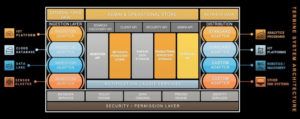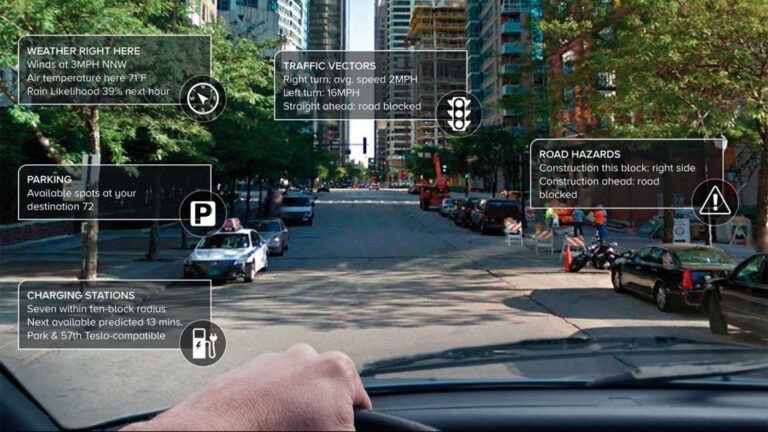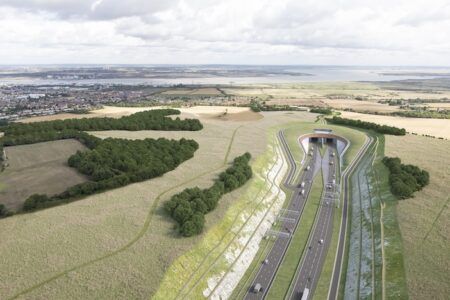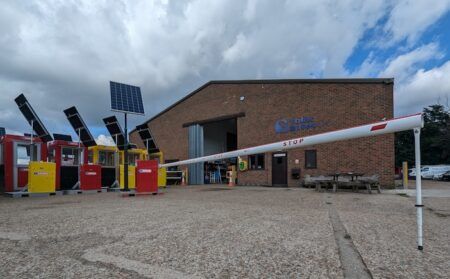Cities, companies, universities and non-profit organisations working on smart city projects can now access the largest trove of categorized and indexed sensor data sourced from public infrastructure in over 50 countries.
Internet of Things (IoT) ecosystems developer Terbine is opening its enormous system of IoT data feeds to organizations involved with smart city research and pilot projects. Created over an intensive multi-year process, the Terbine Exchange now offers sensor data sources that include electricity, water, wastewater, air quality, vehicular counts and movements from land/air/sea and many others. Access to Terbine is being offered to qualifying organizations at no charge for an initial six months, after which a subscription model will be implemented for commercial entities. Academic and non-profit institutions can continue at no cost.
Prior to Terbine, analysts, engineers and planners for smart city projects had to search for data feeds, create accounts with each provider and learn access methods for each source. This often required writing software to link with those feeds. Terbine offers businesses, government agencies and academia alike a unified, single-access system that eliminates the need for users to set up thousands of individual data retrieval accounts. The myriad public agency feeds are strongly characterized and made available through one interface, usable by both Artificial Intelligence-based (AI) systems and individual users. All current data feeds can be viewed and accessed manually via the web, or programmatically via APIs (Application Programming Interfaces).
With virtually every industry sector beginning to use AI for internal processes, systems operation, supply chain and logistics, plus customer interactions, the requirement for AIs to discover, access and process data coming from machines is increasing rapidly. Smart cities in particular are key areas for implementation of AI-based functionality. The Terbine system provides a standardized descriptive language for sensor data feeds, to ensure that AIs find ‘best fit’ sources and avoid false positives caused by erroneous data selections. Now including 20,000+ feeds sourced from public agencies, organisations and industry groups, including ITS America, the Terbine Exchange is now the world’s largest system of IoT data feeds.
“Much of the focus with smart cities projects thus far has been on relatively closed systems,” said David Knight, Terbine’s CEO. “Bringing the data generated from the actual infrastructural elements found within and around municipalities into a single cohesive system, makes it discoverable and usable to researchers and project implementors alike.”





